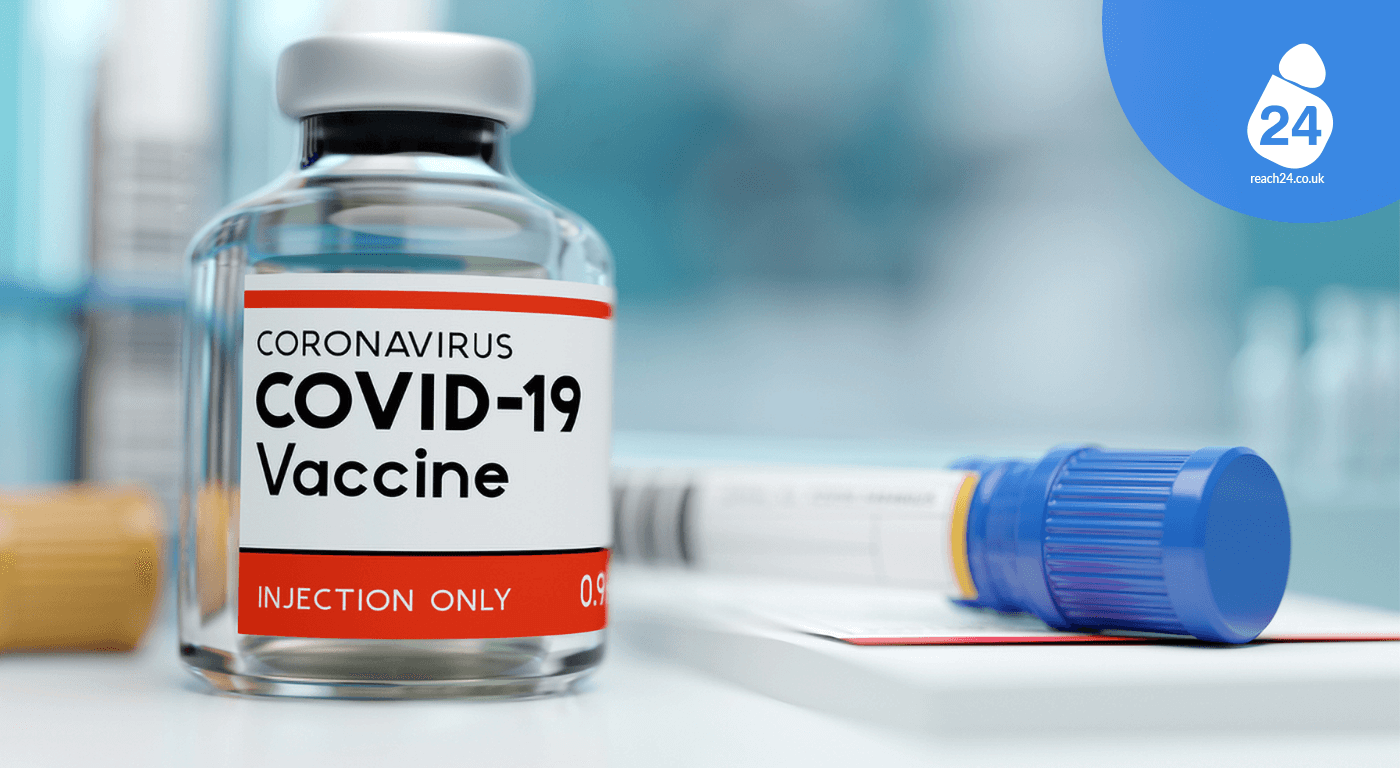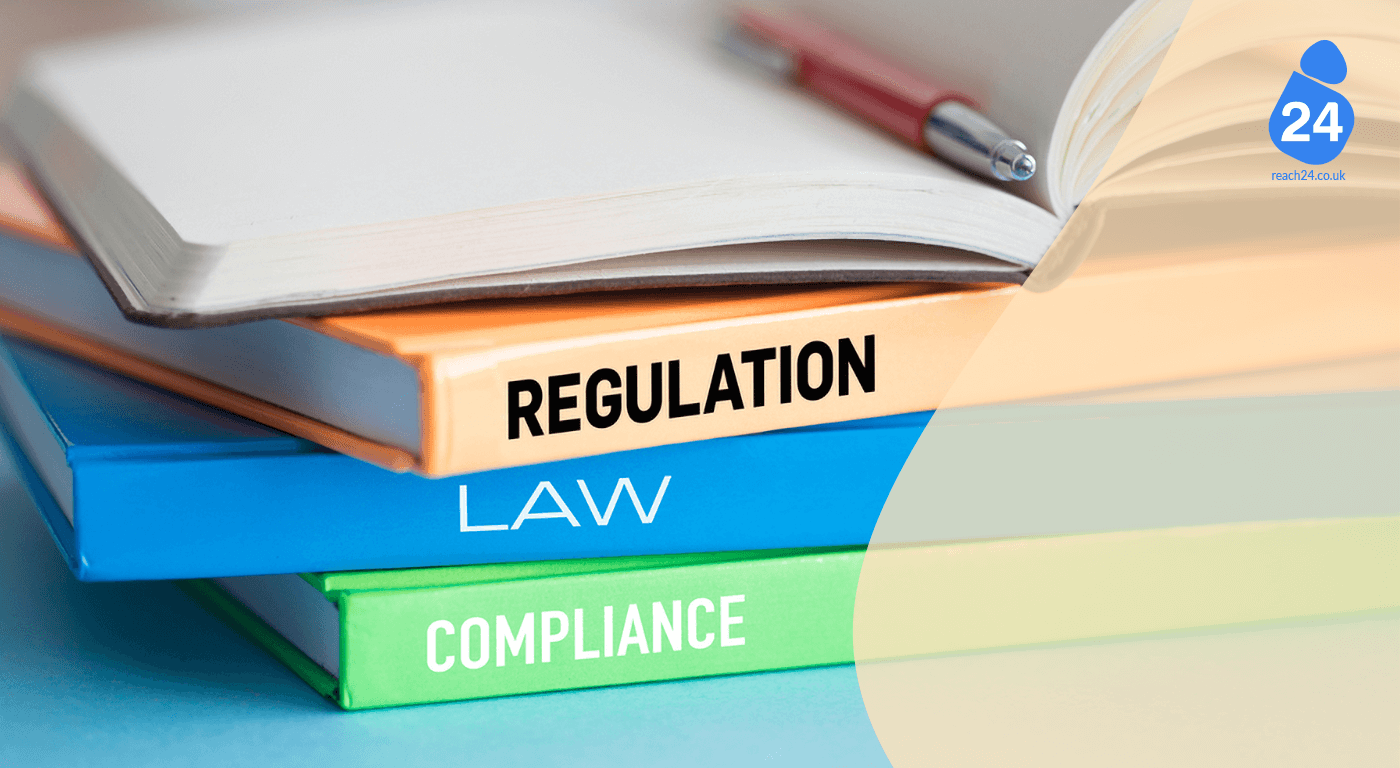In a grim year, the past few days have brought with them good news we have all been eagerly waiting to hear. The UK has become the first country in the world to approve the Pfizer/BioNTech COVID-19 vaccine after the Medicines and Healthcare products Regulatory Authority (MHRA) authorised its use. What does this mean for all of us? Well, while the pandemic is far from over, it is now possible to see a road back to relative normality sooner than later.
Health secretary Matt Hancock has stated the first 80,000 doses will be available from next week paving the way for mass immunisation and the NHS stands ready to begin a vaccination programme. The government’s Joint Committee on Vaccination and Immunisation (JCVI) has revealed the priority list for the first phase of the UK’s mass immunisation confirming Care Home residents and their carers will be the first in line to be vaccinated. Let us dive in on the latest information on COVID-19 vaccines, the priority list for immunisation, where people will be vaccinated, and much more.
What are the top 3 vaccines?
In total the UK has secured early access to over 357 million vaccines of 7 kinds and the top 3 are:
Pfizer/BioNTech – Approved
mRNA vaccines are a new type of vaccine which uses a tiny fragment of the virus' genetic code to trigger an immune response by teaching our cells to produce the harmless “spike protein”.
- This type of vaccine does not use the live virus that causes COVID-19 and will not affect our DNA in any way.
- It prevents people from getting the disease, but we do not know if it reduces symptoms or will prevent transmission.
- The vaccine is given as two injections, three weeks apart with the second dose being a booster.
- Trial data suggests the Pfizer vaccine had almost 95% efficacy among both young and older volunteers irrespective of gender, race, and ethnicity.
- 40 million doses have been ordered and 5 million is expected to be available in 2020.
- Storage: -70C
- Cost: £14.80 per dose
University of Oxford/AstraZeneca (UK) - Awaiting approval
How it works: It uses a weakened version of a common cold virus that has been genetically altered. This is the traditional way of producing vaccines and can be easily manufactured and transported.
- Effectiveness: 62%-90%
- Fridge-stable (2-8C) hence can be easily distributed
- Substantially cheaper – at £2.23 per dose
- The UK has pre-ordered 100m doses which cannot be used till the vaccine is licensed but 4 million is ready for dispatch.
- Works well in older and younger people.
Moderna (US) – Awaiting approval
This vaccine uses the same mRNA approach as the Pfizer vaccine and offers similar protection (94.5% effective).
- Cost: £24-28 per dose
- 7 million doses pre-ordered but will only be available from March 2021.
- Can be stored in fridge conditions
Who will get the vaccine first?
Although the nature of the Pfizer vaccine (must be stored at - 70C) had forced a rethink of who gets it first, the company has now stated once delivered it can be stored for up to five days in a fridge. As a result, care home residents together with care home staff (like reach24’s Nurses and Carers) will remain a top priority.
This is followed by:
2 - All those aged 80 and over. Frontline health and social care workers
3 - All those aged 75 and over
4 - All those aged 70 and over. Clinically extremely vulnerable individuals.
5 - All those aged 65 and over
6 - All individuals aged 16-64 with underlying health conditions which put them at higher risk of serious disease and mortality.
7 - All those aged 60 and over
8 - All those aged 55 and over
9 - All those aged 50 and over
However, the vaccine has not been advised for pregnant women as there is insufficient data on its safety. Similarly, most children under 16 will not be offered the vaccine unless they are at an exceedingly high risk of exposure or have severe disabilities and requires residential care [Sky News].
Where can I get the vaccination?
A network of 50 hospitals are ready to deliver the first jabs and specialist vaccination centres are being built. It will also be available in the community through some GPs and pharmacists if they have cold storage facilities. Ministers have said they plan to train student doctors, dentists, and even vets to administer the vaccine.
Will it offer lasting protection?
Impossible to know. However, earlier studies did suggest young and old people could produce an immune response. A compensating approach would be to continue collecting safety and efficacy data after licensing to validate the safety of the vaccine in a variety of social groups and settings.
Could the vaccine have long-term health effects?
It is too soon to tell but the data so far is reassuring – trials on 43,500 people discovered no serious safety concerns and only mild side effects such as headache and fatigue have been reported.
Ongoing research will be necessary to find out if immunisation against covid19 will be required each year, whether it will prevent transmission etc.
Will the vaccine be compulsory?
No, the government had stated it will not be making the vaccination mandatory.
Undoubtedly, the COVID-19 vaccination will be an important tool to help stop the pandemic, in the meanwhile please continue following government guidelines, practise good hand hygiene and wear masks where possible.
reach24 is here to help!
Concerned about managing your staffing needs safely this winter? Use reach24 to fill your rota gap and keep your home COVID-secure.
Safety, reliability, and quality are at the heart of everything we do.
You might also be interested in:
Tips on keeping positive mental health during COVID-19
Are you following us on Linkedin?
Have you liked our page on Facebook?



